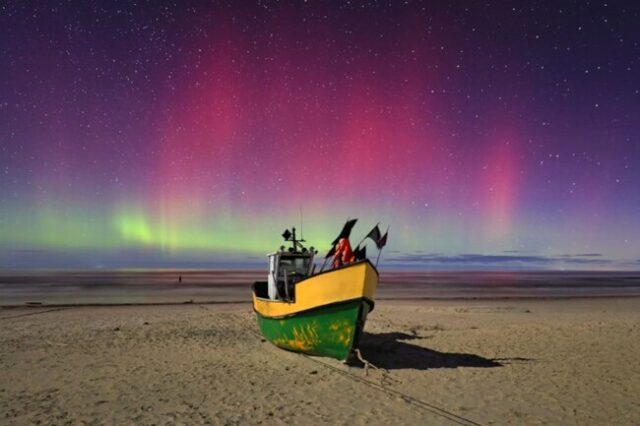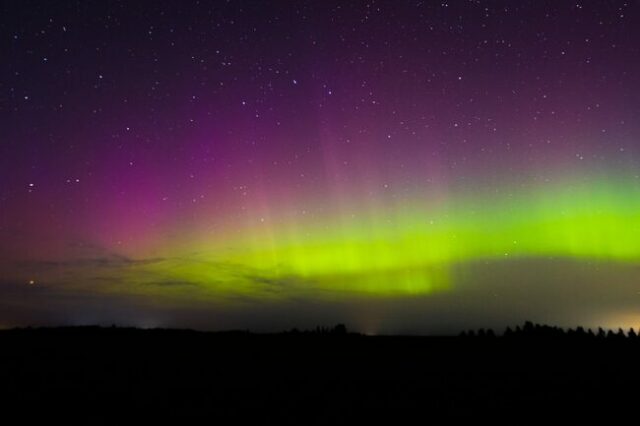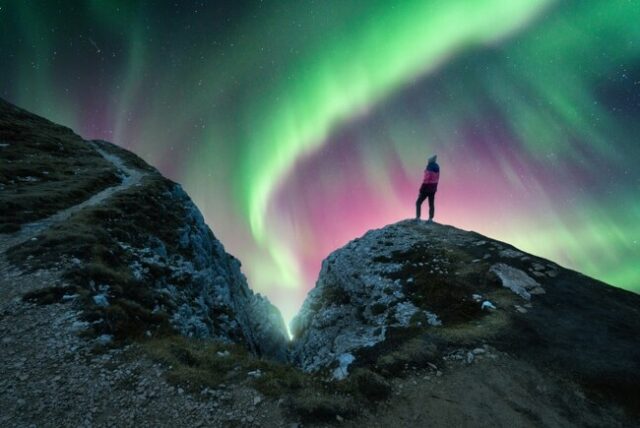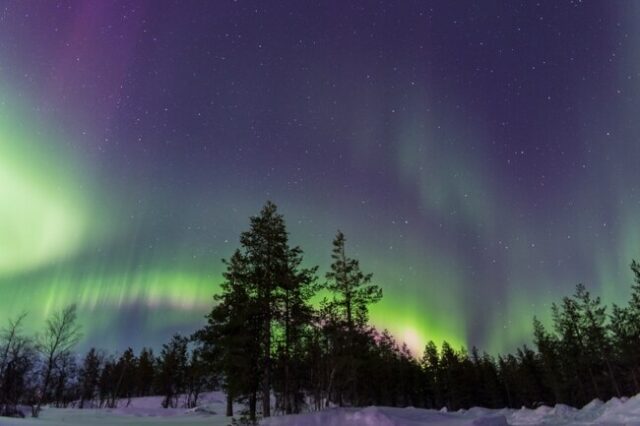
In the Northern Hemisphere, June ushers in longer days and warmer nights, accompanied by an exciting prospect for aurora enthusiasts. Following an extraordinary display of the Northern Lights in May, fueled by a massive sunspot labeled AR3664, the likelihood of witnessing another awe-inspiring aurora show in the coming weeks is high. AR3664, which is more than 15 times wider than Earth, was responsible for at least five significant solar storms. These storms sent charged particles crashing into Earth’s magnetosphere, resulting in spectacular light displays that were visible at unusually low latitudes. As these solar storms persist, Earth is expected to encounter more such phenomena, offering another opportunity to marvel at these beautiful lights.

What enhanced the visibility of even faint auroras in May was the absence of moonlight, thanks to the new moon, which minimized light interference similar to the effects of light pollution. This favorable condition is set to repeat with the next new moon on June 6, coinciding with the reappearance of AR3664 due to the Sun’s 27-day rotation. As the sunspot approaches the Sun’s center from our perspective, the chances of Earth being hit by solar storms increase, potentially leading to another round of vivid auroras. Solar physicist Ryan French from the National Solar Observatory highlights that this period presents a prime opportunity for aurora viewing. Moreover, with the 11-year solar cycle nearing its peak by summer 2025, more frequent and widespread sightings of the Northern Lights are anticipated, ensuring that this may not be the final opportunity to enjoy these natural light shows below the Arctic Circle. For the best viewing experience, enthusiasts should keep an eye out between 10 p.m. and 2 a.m. local time.
















